Pictures of some of the Bills' top players.

RB LeSean McCoy
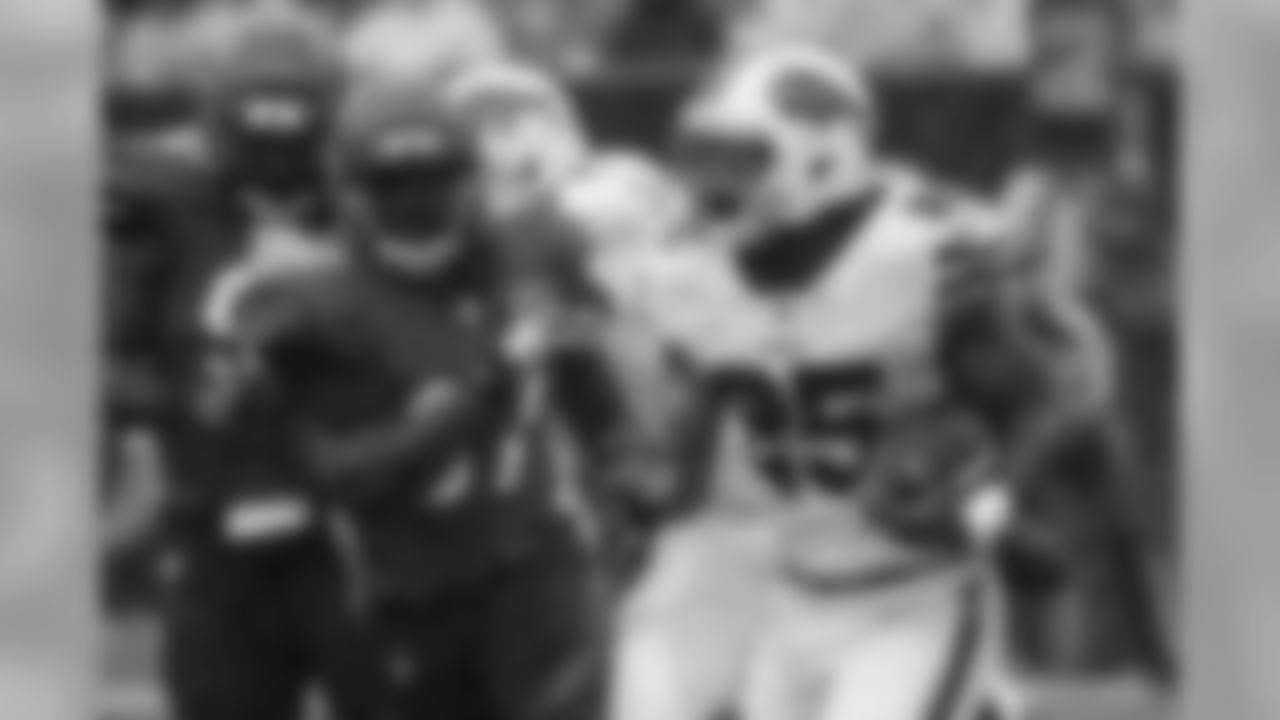
RB LeSean McCoy

RB LeSean McCoy

QB Tyrod Taylor

QB Tyrod Taylor
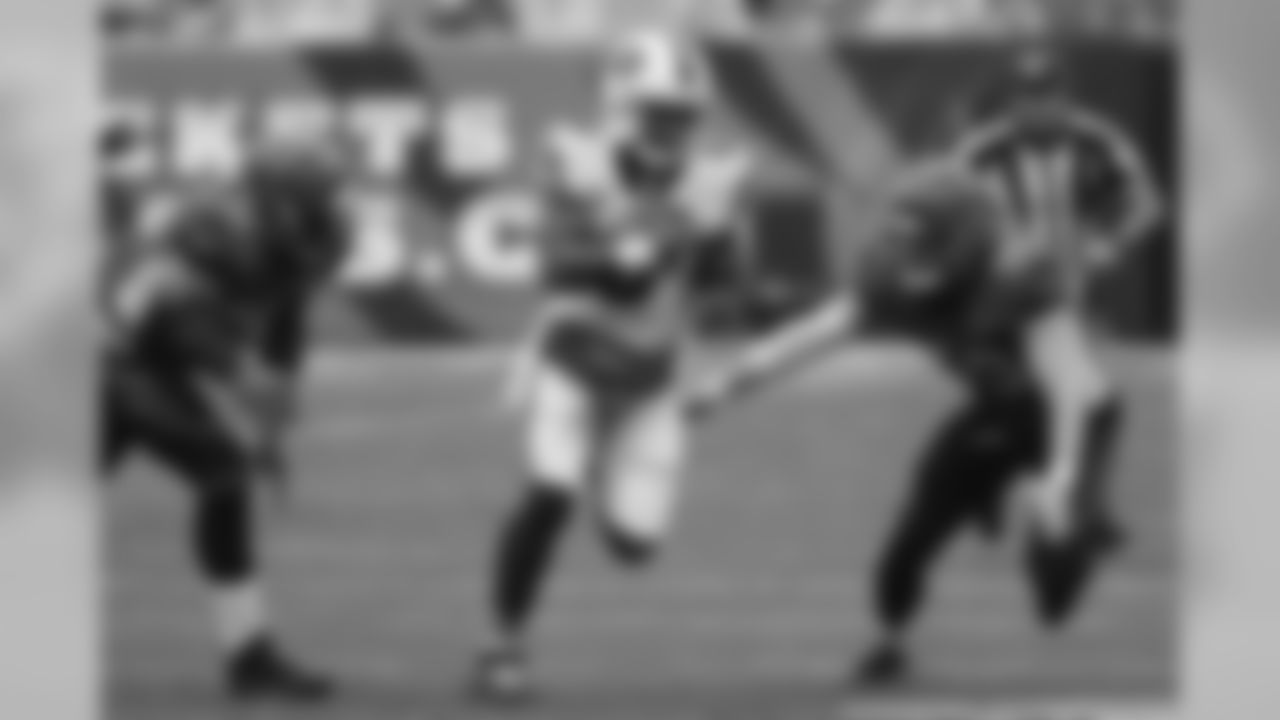
QB Tyrod Taylor
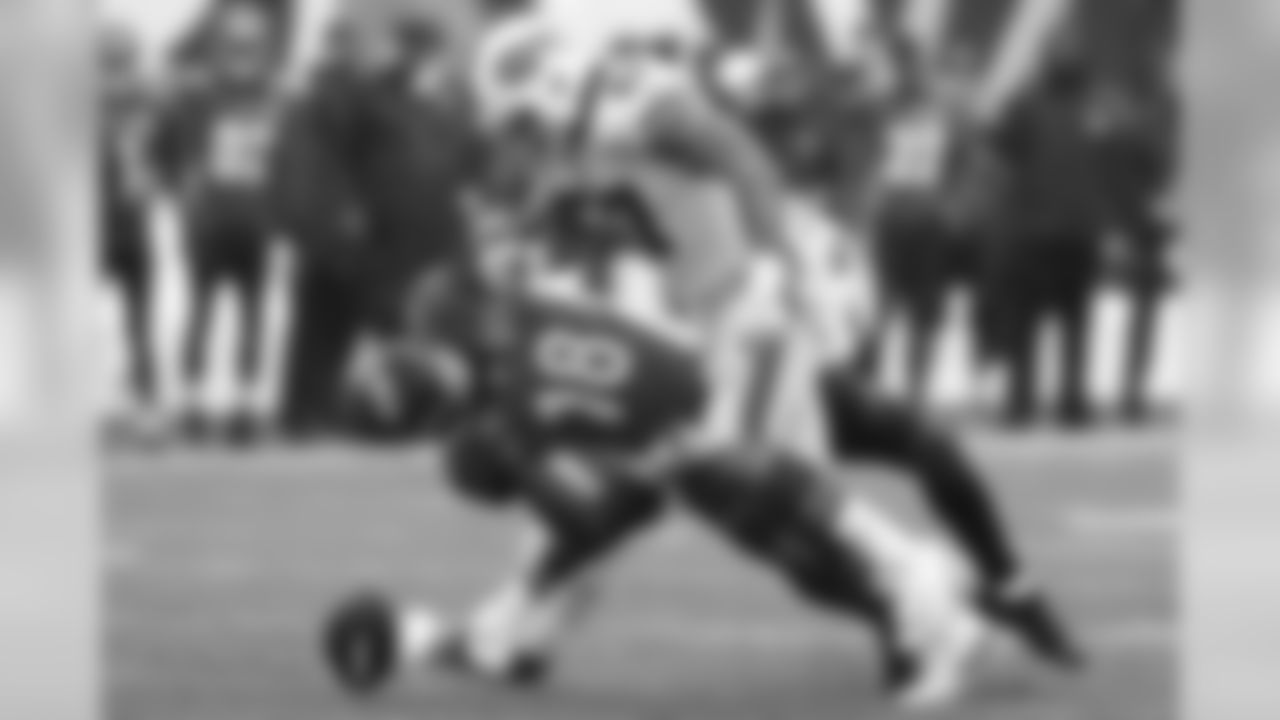
LB Lorenzo Alexander
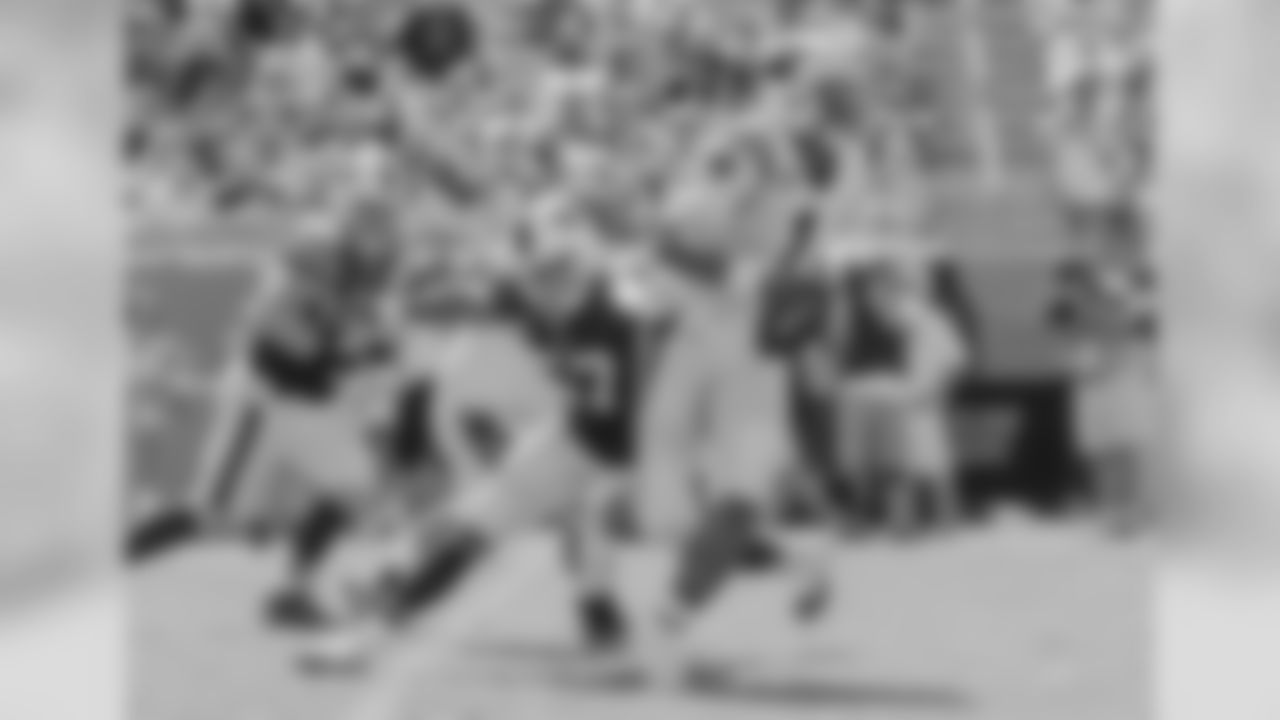
LB Lorenzo Alexander

LB Lorenzo Alexander
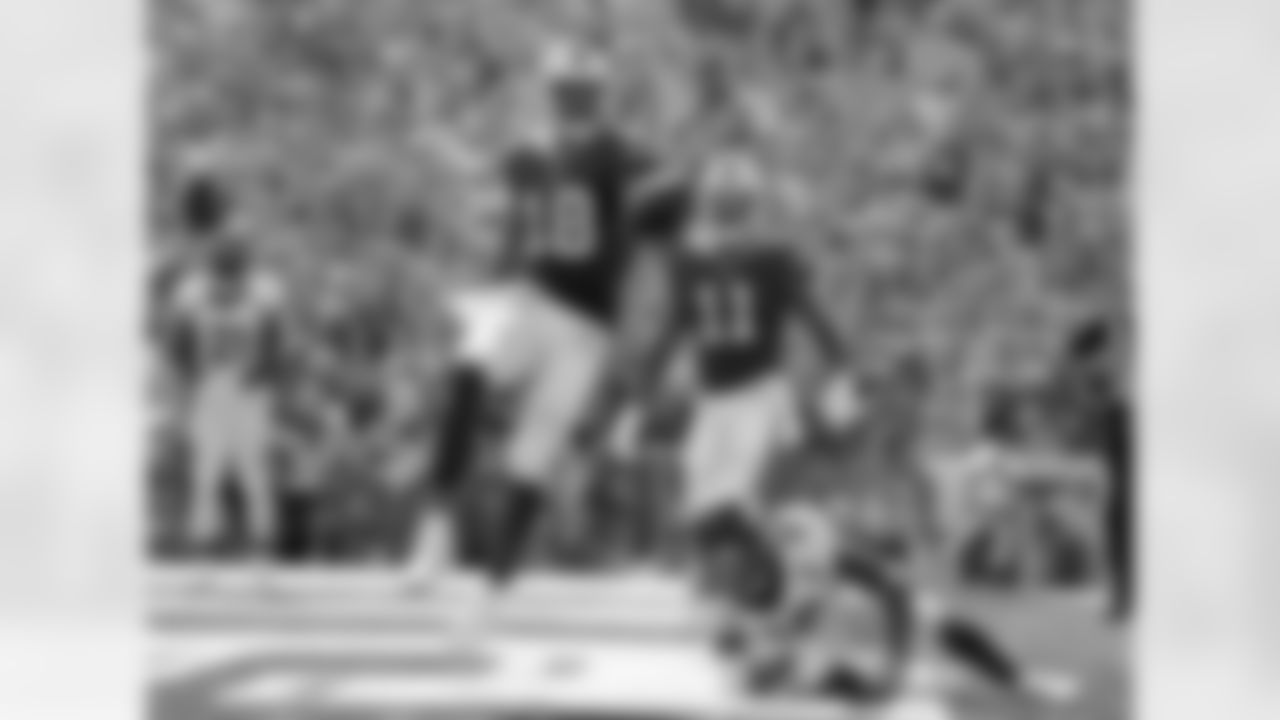
WR Andre Holmes

WR Andre Holmes

WR Andre Holmes

CB E.J. Gaines
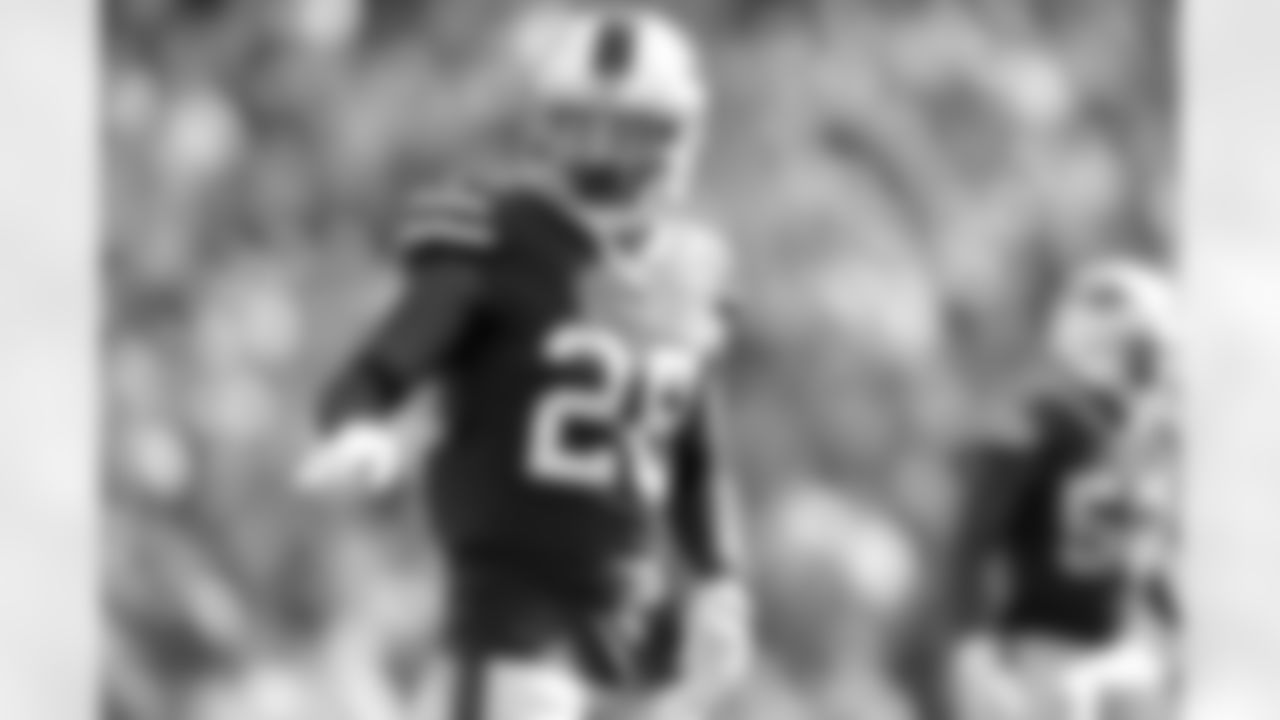
CB E.J. Gaines

CB E.J. Gaines

S Micah Hyde

S Micah Hyde

S Micah Hyde

DT Marcell Dareus
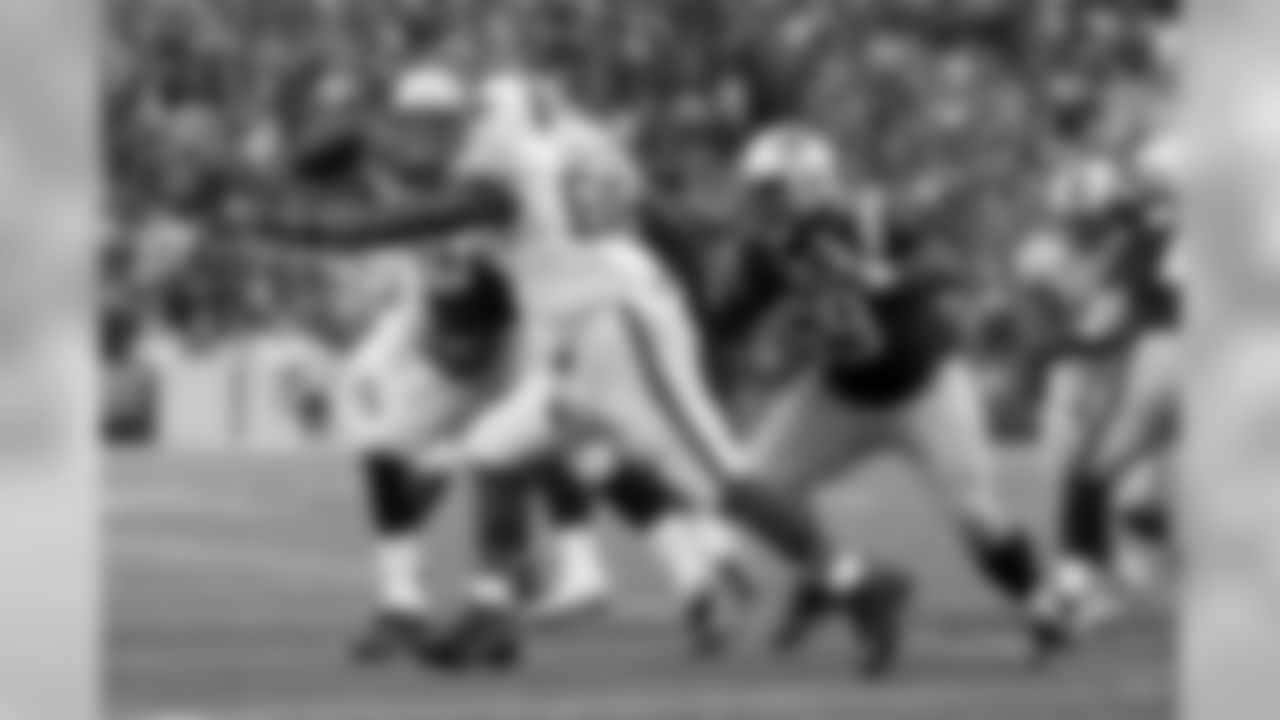
DT Marcell Dareus

DT Marcell Dareus
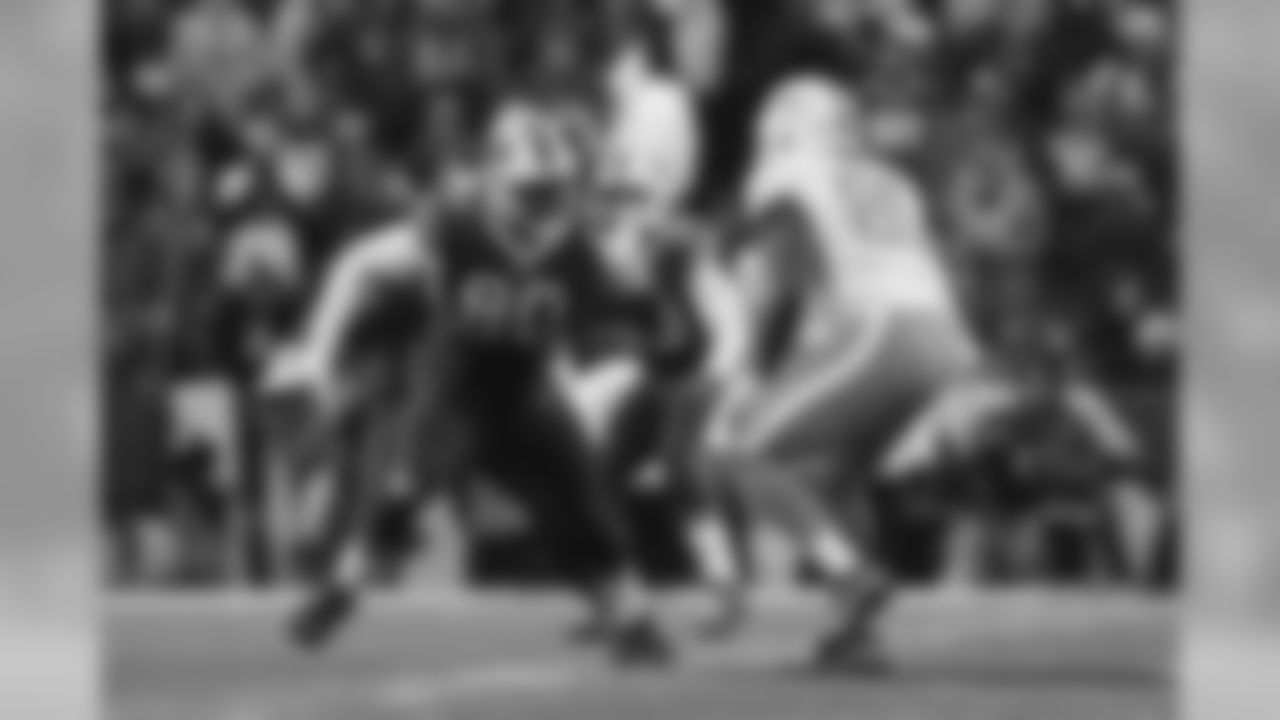
DE Shaq Lawson

DE Shaq Lawson

DE Shaq Lawson
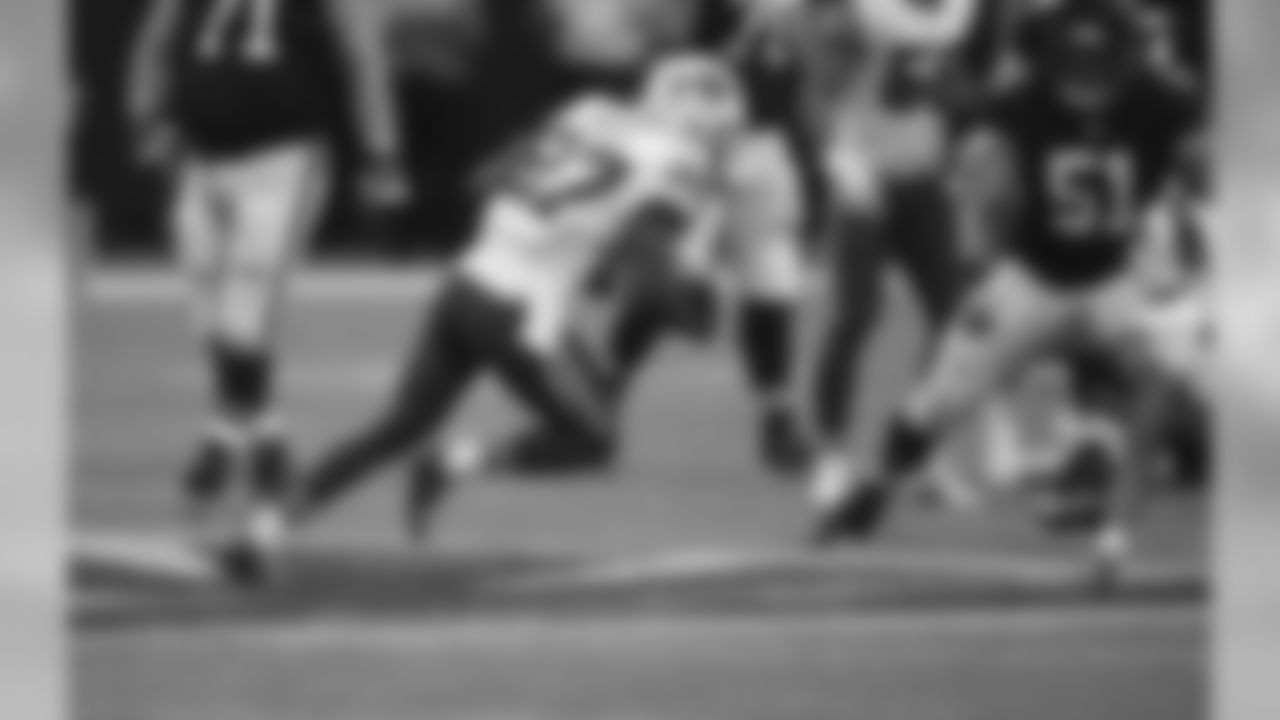
CB Tre'Davious White

CB Tre'Davious White

CB Tre'Davious White

LB Ramon Humber

LB Ramon Humber
Here are two facts that don't seem to go together: 1. The Tampa Bay Buccaneers' best winning percentage against any team is their .700 mark in the all-time series with the Buffalo Bills. 2. The Buccaneers have never won a regular-season game in Buffalo.
In Tampa Bay's defense, they've only had one shot at winning in upstate New York, and that was eight years ago. The Bills took that game in 2009, 33-20. The Bucs have won one of their two preseason trips to Buffalo, though the victorious glow of that August, 2014 contest has probably faded by now. Opportunities to notch a 'W' at New Era Field (formerly Rich Stadium/Ralph Wilson Stadium) come few and far between for the Buccaneers.
Actually, one never came at all before the NFL realigned in 2002 and started scheduling based on rotating divisional matchups. The scheduling method prior to that was based more on a team's record in the previous season, and that more random approach simply never sent the Buccaneers to Buffalo. Each of the first eight games in the series were played in Tampa. And it's safe to say the Bills, who lost at Raymond James Stadium just four years ago, haven't particularly enjoyed those trips due South. Buffalo is 2-7 all-time in Tampa…and that doesn't even include the heartbreaking end to Super Bowl XXV at Tampa Stadium.
The Buccaneers' random avoidance of the Buffalo area isn't the only oddity in their all-time series with the Bills. Despite playing each other just 10 times, the Bucs and Bills managed to produce a once-in-NFL-history outcome – Tampa Bay's 10-5 win in 1988 is the only NFL game ever to finish in that score.
It actually didn't take long for the Buccaneers and Bills to become acquainted. Tampa Bay entered the league in 1976 as the NFL's 27th franchise; the Bills were born in 1960 as part of the new AFL and became an NFL team during the 1970 merger. Just three games into the Buccaneers' inaugural season, the Bills visited Tampa Stadium to take on one of the league's two expansion teams. At that point, Tampa Bay was still looking for its first point, having been shut out 20-0 by Houston and 23-0 by San Diego.
They got those long-awaited points on a pair of Dave Green field goals in the first quarter, and even held a 9-7 lead over the Bills in the fourth quarter before QB Joe Ferguson (who would end up playing for the Buccaneers a dozen years later) threw a 15-yard touchdown pass to TE Reuben Gant for a 14-9 Buffalo win. As it turned out, that was about as close as the expansion Bucs would come to victory for almost two full seasons.
Buffalo was on the receiving end of the seventh victory in Tampa Bay franchise history when they came back to Tampa Stadium in November of 1978. This time, the Bucs' defense picked off Ferguson and his mid-game replacement, Bill Munson, four times in a 31-10 blowout. The Bucs and Bills hooked up again four years later – once again in Tampa, as a trend began to develop – this time late in the strike-shortened 1982 campaign. With the schedule trimmed to nine games and the division separations wiped out in each conference, the Bucs and Bills were both fighting for a spot in their respective eight-team playoff fields. The Bucs won, 24-23, on Dec. 19 and went on to finish 5-4 with one of the NFC playoff berths; the Bills finished 4-5 and one spot out of the AFC field. Joe Ferguson's 10-yard touchdown run – one of just 11 rushing touchdowns in his 12-year career – pulled the Bills within one with four minutes remaining in regulation. Since there was no two-point conversion option in the NFL at that time, the Bills had to settle for the extra point and try to get the ball back for one more scoring opportunity. They managed to do exactly that and even had the ball in range for a winning field goal before Hall of Fame-bound defensive end Lee Roy Selmon forced fullback Roosevelt Leaks to fumble at the 17 and Bucs safety Cedric Brown recovered to seal the victory.
As if on cue, the Bills were back in Tampa four years later, this time facing a Buccaneers team that would win just twice all season under Head Coach Leeman Bennett. One of those wins was a 34-28 over Buffalo in November that featured another missed opportunity by the visitors at the very end. Despite former USFL quarterback Jim Kelly's first 300-yard passing game as a Bill, the Bucs took a 20-0 lead in the first half off a series of Buffalo fumbles. In the final seconds of the game, Kelly tried to hit running back Robb Riddick with a fourth-down throw from the Bucs' three but Riddick couldn't hang on.
The next Bucs-Bills meeting, in 1988, was notable not for the way the game ended, but for what the scoreboard displayed when it was over. When a goal-line stand in the third quarter and a Mark Robinson interception in the final minute preserved a 10-5 Tampa Bay victory, it marked the first NFL game ever to end in that score. As noted above, that score has still not been duplicated.
That 1988 win was the biggest in the series for Tampa Bay to that point because it was the first time it had faced a Buffalo team that was en route to a winning record. In fact, the Bills were 11-2 at the time, en route to a 12-4 finish and a playoff berth. The Bills would lose in the conference championship game that year and the divisional round the following season before beginning their memorable run of reaching – and, unfortunately, losing – the Super Bowl for four straight years. The Bills would get their first win in the series with Tampa Bay in 1991, a 17-10 decision that was part of an 0-5 start for the Buccaneers under interim-turned-full-time Head Coach Richard Williamson. Running their famous no-huddle offense, Kelly and the Bills ran up more than 400 yards but still had to fight off the Bucs at the end. Tampa Bay had time for one play from the Buffalo eight-yard line with two seconds left but a rushed pass by Chris Chandler (in for the injured Vinny Testaverde) didn't quite find wide receiver Mark Carrier in the end zone.
"I tried to go behind the safety and I had him beat," said Carrier after the game. "If Chris could have had a little more time and a little more air in it, I think it would have been complete."
The Bills went on to the Super Bowl that year, but in 2000 it was the Buccaneers who were playoff-bound when the teams next met – yes, in Tampa, but this time at the new Raymond James Stadium. The Bucs were actually treading water at 6-5 when the Bills visited in late November, but a 31-17 victory started a four-game winning streak that would earn them a Wild Card berth (but for an overtime loss at Green Bay in Week 17, they would have won the division). Warren Sapp had two tackles and Karl Williams returned a punt for a touchdown to help the Bucs win despite being out-gained offensively, 433-180. The Bucs were also on their way to the postseason when the Bills next visited, in 2005, and a 19-3 victory in Week Two was part of a 4-0 start for Tampa Bay. Rookie running back Cadillac Williams was in the midst of his NFL record-breaking start – 434 rushing yards in his first three pro games – and the Bucs won handily, 19-3.
Finally, in 2009, as a result of the new scheduling format the NFL implemented in 2002, the Buccaneers made their first trip to Buffalo. It wasn't a particularly enjoyable one, as Tampa Bay's defense gave up 438 yards, including 185 combined rushing and receiving yards by running back Fred Jackson, in a 33-20 loss. Things were much more comfortable for the Buccaneers four years later when the Bills played in Tampa, as they are meant to do. The Bucs had started the 2013 season with eight straight losses before winning three of their next four. Buffalo came to town in Week 14 and left with a 27-6 defeat in which neither team was particularly efficient on offense (460 combined yards). The Buccaneers won by turning in the game's big plays, including an 80-yard touchdown run by Bobby Rainey on the first play from scrimmage. At the time, that was the longest run in franchise history. Mike Glennon completed just nine of 20 passes for 90 yards for the Buccaneers, but one of them was a 38-yard touchdown pass to Vincent Jackson. Lavonte David had two of the Bucs' four picks of Bills quarterback E.J. Manuel.Bucs' Game-by-Game Record vs. Buffalo:
| **Year** | **Result** | **Site** |
| 1976 | L, 14-9 | Tampa |
| 1978 | W, 31-10 | Tampa |
| 1982 | W, 24-23 | Tampa |
| 1986 | W, 34-28 | Tampa |
| 1988 | W, 10-5 | Tampa |
| 1991 | L, 17-10 | Tampa |
| 2000 | W, 31-17 | Tampa |
| 2005 | W, 19-3 | Tampa |
| 2009 | L, 33-20 | Buffalo |
| 2013 | W, 27-6 | Tampa |
Series Notes:
- Overall Season Series: Tampa Bay leads, 7-3
- Bucs' Home Record: 7-2
- Bucs' Road Record: 0-1
- Current Streak: Win 1 (2013)
- Buccaneers' Longest Winning Streak: 4 (1978-88)
- Bills' Longest Winning Streak: 1 (1976, 1991, 2009)
- Regular Season Point Total: Buccaneers 215, Bills 156
- Most Points in a Game, Buccaneers: Buccaneers 34-28 (1986)
- Most Points in a Game, Bills: Bills 33-20 (2009)
- Most Points, both teams: 62…Buccaneers 34-28 (1986)
- Fewest Points in a Game, Buccaneers: Bills 14-9 (1976)
- Fewest Points in a Game, Bills: Buccaneers 19-3 (2005)
- Fewest Points in a Game, both teams: 15…Buccaneers 10-5 (1988)





















